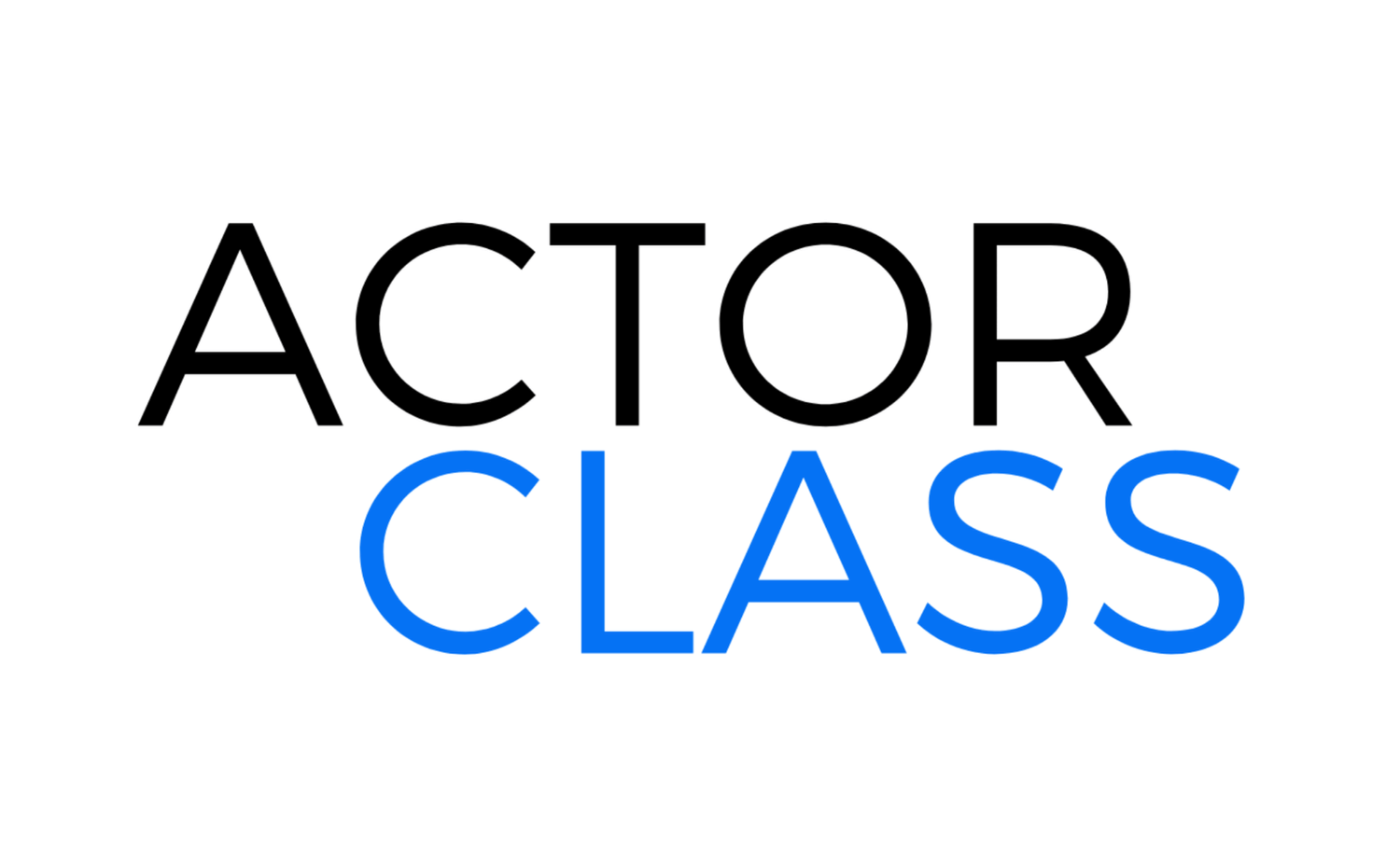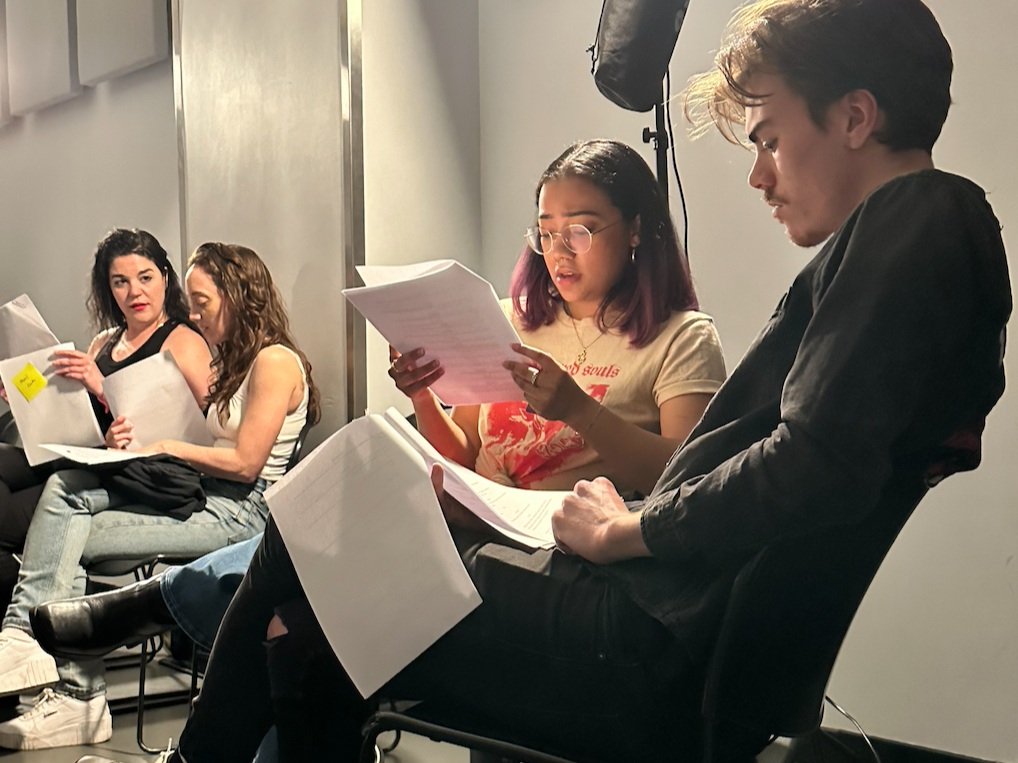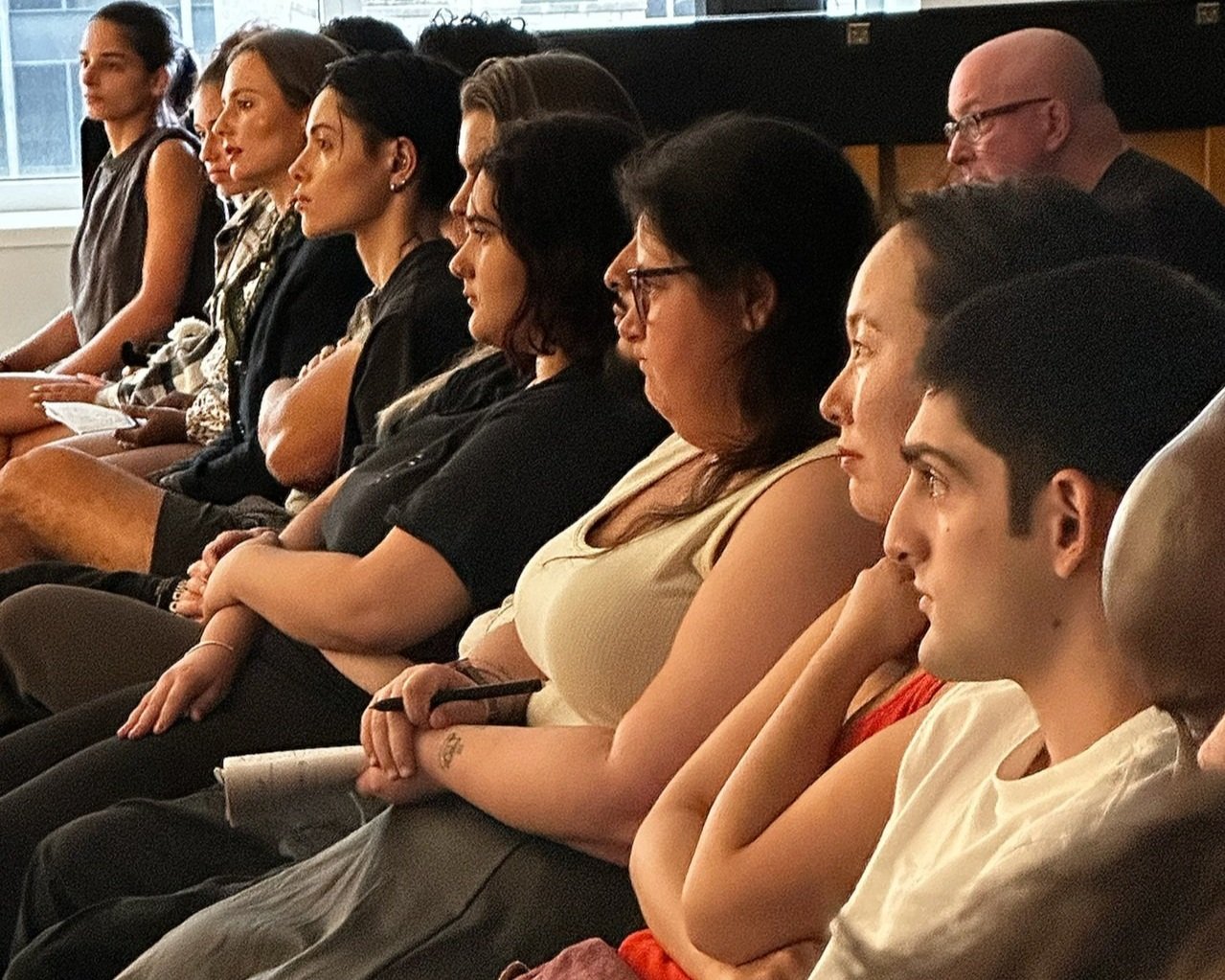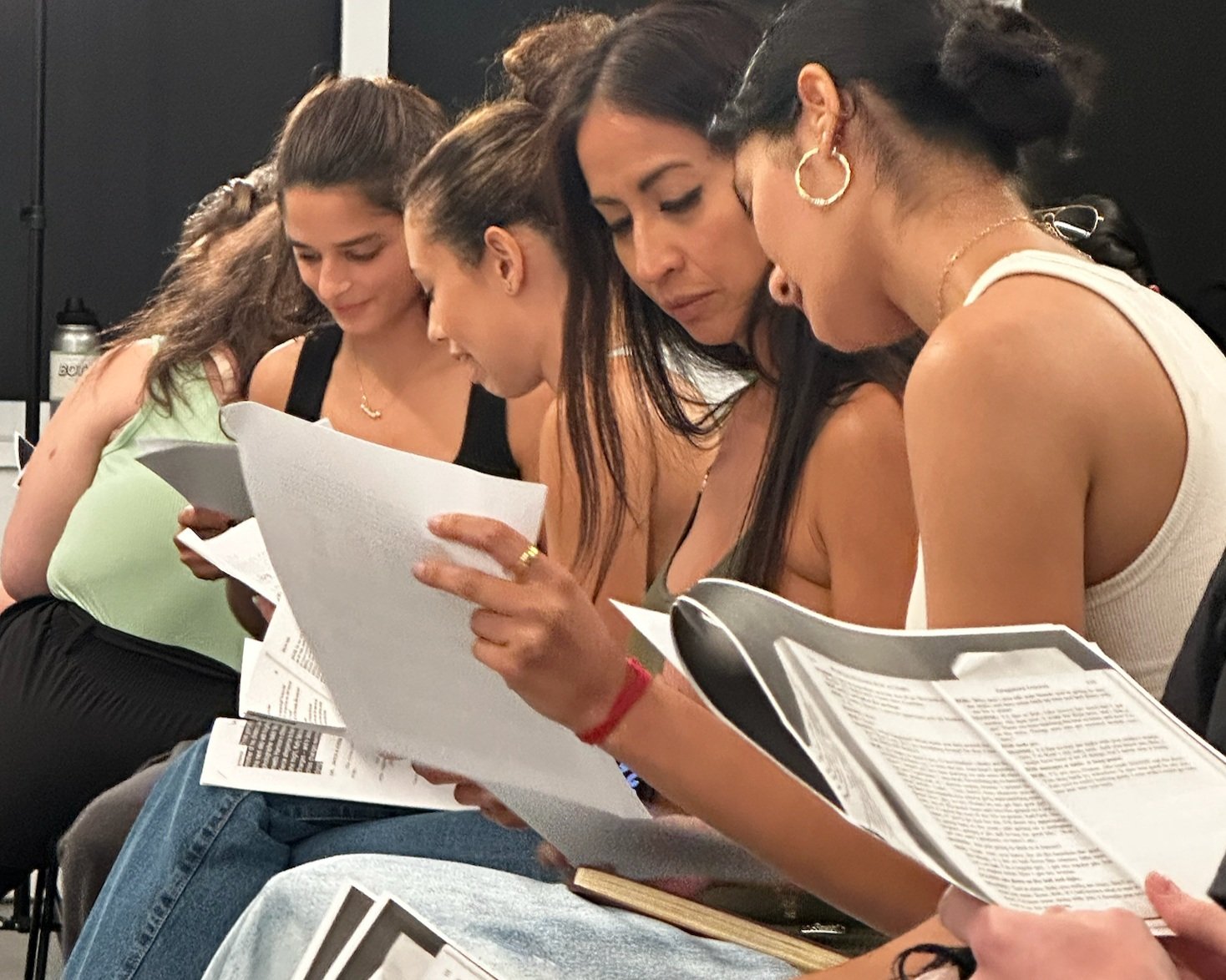“What's The Best Acting Studio in NYC?”
After more than four decades acting, writing, directing, producing and teaching artists, a few things become quite obvious when it comes to looking for the right training ground…
For the last seventy years, acting studios teach a particular "technique" or "style." Though they each approach from a different angle, the most famous schools, Adler, Strasberg, Meisner, Hagen, Stanislavski, and a handful of others, are all striving for the exact same goal: honesty and authenticity in an actor’s performance. When searching for a place to train, you should research all the different schools and audit classes in order to choose the path that feels most comfortable for you. However, it is imperative to understand that those five schools are not, by any stretch of the imagination, the only options available to the actor.
Since naturalism in acting began and was fostered in the great acting schools of New York during the 1950s, much has changed. Back then, with only a handful of movie studios creating films and less than ten television channels in the U.S. market, there was an extremely limited number of roles to go around. Very few actors could land work (and certainly almost entirely for those who where white). As a result, there was lots of time for actors to train.
Fast forward to 2024. The digital age offers actors hundreds of auditions every day for thousands of television shows on a global market. The speed and sheer amount of content is remarkable. Not too long ago, scouring a scarce number of monthly acting magazines for auditions, typing labels, stuffing headshots into hundreds of envelopes, and spending hours doing mailings, was how an actor spent the majority of their time. Now actors can potentially be landing acting jobs every day from shorts, indie film, internet ads, pilots, to films, to streaming services, prime time TV, and feature film, all from their phone. There is so much opportunity that acting training needs to take up less time, and it needs move faster. Actors who train today need to become commercially viable in months, not years.
An actor used to have to build a daily schedule in order to figure out the best route to take to every audition, sit in a waiting rooms for hours, then rush across town to get to the next audition. Now, an actor can meet with a coach and film a dozen self-tape auditions in a few hours every day. The acting business, like any other, has become fast paced and streamlined in order to keep up with demand of a diverse and ever-changing market. Things have evolved in every facet of the industry.
Except there is one thing that seems to remain perpetually in the past: acting training. There are now thousands of movie studios around the world. Cinema, television and theater have expanded exponentially unlike any other point in time. And yet, somehow, actors still think there are only five acting studios to choose from.
Following one of the five famous techniques from the 1950s, is not always the best option. There is nothing against them. However, as someone who went through the “famous” studios for years searching for results, I learned a crucial lesson. You cannot study with any of the aforementioned teachers for one reason and one reason alone: they are long gone.
If you want to study at the Strasberg Institute (as I did in my twenties), you will not be taught by the master himself. But rather, the students of his students. Make no mistake, when this happens and you are no longer being instructed by the inventor of an idea, but rather, the second or third generation, the most key element of the teaching is lost in translation.
Being taught a slowly implemented, diluted version of something that worked seventy-years ago simply isn’t effective in today’s fast-moving and expansive market. What most people fail to grasp is that it wasn't WHAT Strasberg, Adler or Meisner were teaching that mattered. Unfortunately, over time, everyone fixates on the “WHAT”—the rules, formulas, and lessons—and they proclaim that as the most important aspect. However, that's simply not true. It's not WHAT Strasberg, Adler, Meisner, or any famous teacher taught, but rather HOW they taught it.
What made Adler, Meisner, and Strasberg great teachers wasn't only their ability to be great actors—it was the fact that they were exceptional directors and dynamic communicators. It's not WHAT they taught, but HOW they taught that made them extraordinarily unique. That is why, no matter how hard I tried as a young actor, I could not adhere to an old technique handed down by the students of a great master because they simple were not him. Nothing against those teachers. But working with them felt like listening to a cover-band on Bleeker Street in the East Village. The band looks and feels like the genuine article, but the music is missing the magic. Those teachers lacked the passion, fire, and creative ingenuity of their former leader. I wish I had the opportunity to study with Strasberg. He was a genius.
Consider this: if those teachers were alive today, do you think they’d have only taught their "technique" and it never would’ve evolved further? Of course not. If they’d lived longer, their approach and their way of working with actors would have continued to grow.
Why do Strasberg, Adler, and Meisner corner the market? People follow the herd.
Why do so many teachers use these approaches? Because those legendary names bring in money.
People struggle to find the courage to try something different and new. They fail to realize that culture and artistic heritage are important, but nowhere near as crucial as its evolution. To be a great artist, you don't follow the rules of the past; you learn from them, respect them, and then build upon them, contributing to their growth. But nothing evolves if you remain devoted to the old ways and keep teaching the same thing year after year. Just as athletes train much differently than they did fifty years ago, the way an actor trains must also evolve.
Do you want to use the rotary phone of acting training—or do you want to be a functioning part of the new world that moves just as fast as any other business?
Want to learn more about us? Check out one of the links below:
FREE AUDIT / OUR PHILOSOPHY / IS IT TOO LATE TO BECOME AN ACTOR? / TESTIMONIALS



